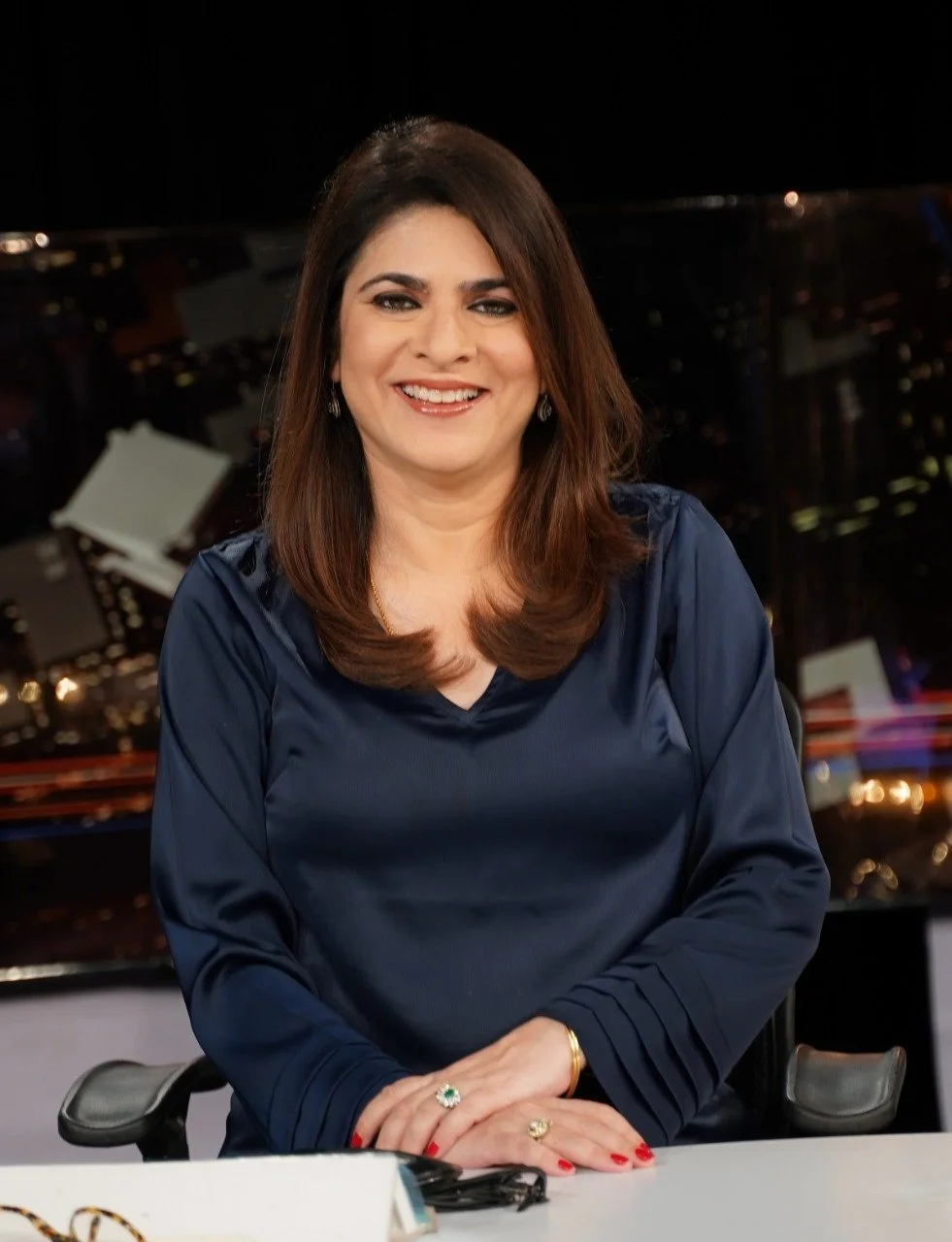In Conversation with Sonia Singh (NDTV) on the World's Largest (Democratic) Election in 2024 and the Evolving Role of Women in India and its Political Space
Written by Sonia Singh
India’s elections – the largest and probably among the hottest in the world – are a triumph of democracy. When a nation of 1.4 billion people votes, the world takes notice.
Especially in 2024, which is a year of elections globally.
So, being at Cambridge University’s historic King’s College as a guest of the E-Lab to talk about ‘The Prelude to the World’s Largest Elections’ was a very special experience. Kamiar Mohaddes, Fellow of Economics at King’s, was kind enough to give me a quick tour of the college grounds including Alan Turing’s rooms and that was a real highlight.
The conversation also had a wonderful moderator, Dr Garima Sahai. We opened with how I began my career as one of India’s first TV journalists over 30 years ago and went on to become the Editorial Director of a major news network, NDTV.
Today I am proud to say NDTV is a global news brand. Some details of its reach include more than 450 million viewers across TV & Digital. NDTV.com is the world’s 21st largest news site, ahead of media companies like the Washington Post, and is the most followed news account on Twitter and Instagram in India. While I was Editorial Director, the Reuters Institute of Journalism at Oxford has ranked NDTV as the most popular source for TV and online news in India, for 2 successive years.
I also have been extraordinarily privileged to have personally witnessed, reported, analysed and led the news coverage for my network of all major events in India for the last 30 years – from the early years of liberalisation to at least 8 general elections, countless state elections, social and economic changes, I have been a Sutradhar, a narrator of the India story. It was this story that the audience of young students and distinguished fellows were eager to hear about and which led to a sparkling round of questions following the conversation with Dr. Sahai.
India has an eligible electorate of 970 million voters. This is nearly 4 times larger than that of the United States and 20 times that of the United Kingdom. The evening’s focus was on how the country manages to uphold its democratic ethos, ensuring for example that, at times there are entire voting centres for even a single voter. The sheer scale of India’s elections, and the remarkable precision with which they are carried out, are an example to the world. Amid the numbers, India hosts a diversity of communities, castes, languages, and even cuisines. This makes the ability to hold peaceful, free and fair elections even more challenging. Yet from our first independent elections in 1950-51, the nation has remained steadfast on the path of democracy – even switching to electronic voting machines over a decade ago, a feat even the world’s most developed countries haven't managed yet.
Also unlike Western liberal democracies, India is an outlier in its immediate neighbourhood. It keeps the global flag of democracy flying high amidst surrounding countries from China with it’s one party state to Pakistan with its military control, and from Afghanistan under Taliban rule to Bangladesh which had an election without an opposition. Indian democracy is hard-earned, noisy and thriving and recognising its strength, durability and uniqueness is essential in understanding the India story.
Dr Sahai and I also discussed gender politics as India has introduced a landmark law to reserve 33% of seats for women in the elected Lower House. This will be a pivotal point in our democracy as it ensures more than 150 MPs in India will now be women. Pipelines for this are already in place, with strong women representation in local governance and shift to a major focus on women-led development in the last 5 years. India is also on the economic fast-track with latest growth figures being the highest among large economies. Challenges, however, remain. Chief among them is the transition to a developed economy or ‘ Viksit Bharat’ as the Prime Minister refers to it.
The questions from students, many of them Indian but also those from Russia and China, were sharp and incisive and I would have been happy for our interaction to have gone on indefinitely. Unfortunately King’s College needed its lovely room back at some point. It was an evening of conversation I greatly enjoyed and I hope to return here again soon.
Sonia Singh
Sonia Singh is a pioneering figure in Indian journalism. As the first female Editorial Director of NDTV, and one of India's initial television journalists, she has significantly influenced the narrative on India's key developments, from economic liberalisation to eight general elections, economic reforms, the rise of nationalism, and shifts in gender and caste dynamics. The Reuters Institute of Journalism at Oxford recognized NDTV as India's top TV and online news source for two consecutive years during her tenure. Sonia is also author of Defining India: Through Their Eyes and a Visiting Fellow at Judge Business School, the University of Cambridge.

